24/7 Helpline:
(866) 899-221924/7 Helpline:
(866) 899-2219
Learn more about PTSD Rehab centers in Neah Bay

Other Insurance Options

BHS | Behavioral Health Systems

Health Partners

Coventry Health Care

Magellan

Molina Healthcare

Optima

Multiplan
Beacon

Kaiser Permanente

Horizon Healthcare Service

Optum

Magellan Health

Ceridian

Carleon

Excellus

UMR

American Behavioral

Group Health Incorporated

Lucent

Medical Mutual of Ohio

Makah Recovery Services
Makah Recovery Services is a public rehab located in Neah Bay, Washington. Makah Recovery Services s...

Reflections Counseling Services
Reflections Counseling Services is a private rehab located in Port Angeles, Washington. Reflections ...

Peninsula Behavioral Health – Youth Services Center
Peninsula Behavioral Health – Youth Services Center is a private rehab located in Port Angeles, Wash...

American Behavioral Health Systems – ABHS
American Behavioral Health Systems (ABHS) offers comprehensive behavioral health care by providing c...

Peninsula Behavioral Health – Horizon Center
Peninsula Behavioral Health – Horizon Center is a private rehab located in Port Angeles, Washington....

Peninsula Behavioral Health
Peninsula Behavioral Health is a private rehab located in Port Angeles, Washington. Peninsula Behavi...

Peninsula Behavioral Health – Sequim
Peninsula Behavioral Health – Sequim is a private rehab located in Sequim, Washington. Peninsula Beh...

Olympic Personal Growth Center
Olympic Personal Growth Center is a private rehab located in Sequim, Washington. Olympic Personal Gr...












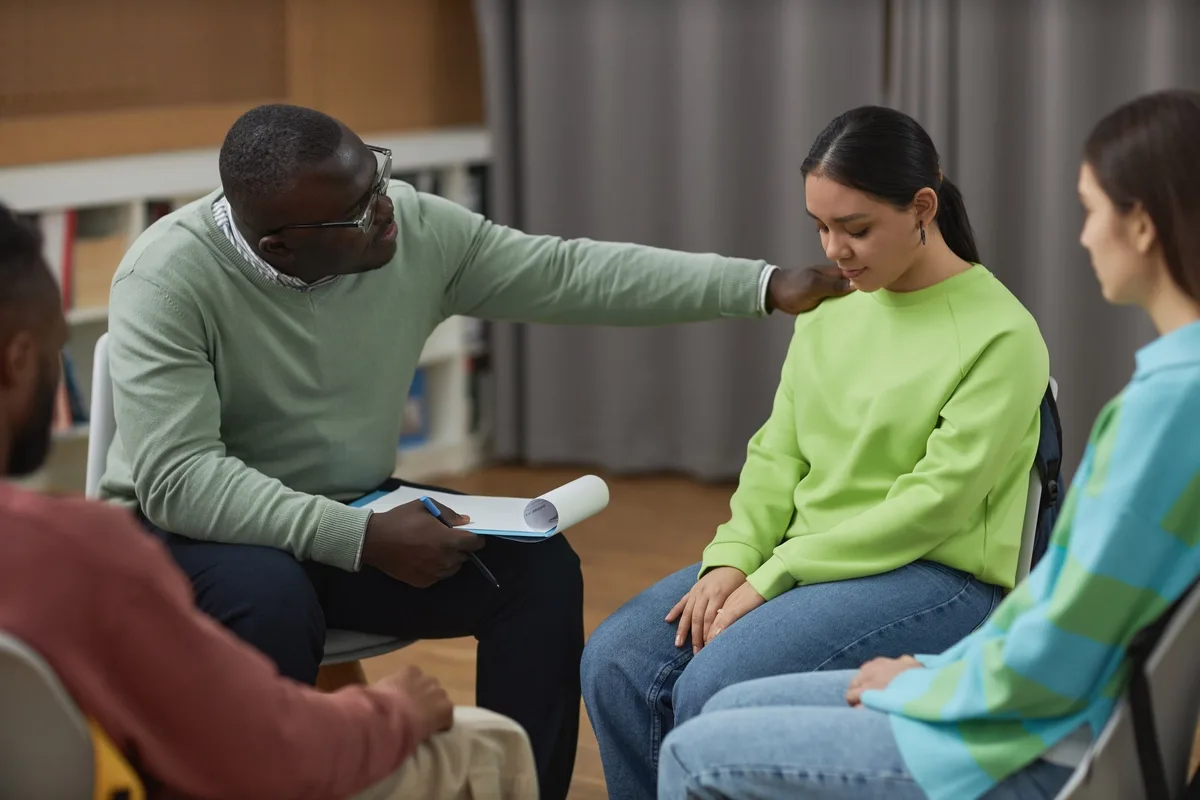











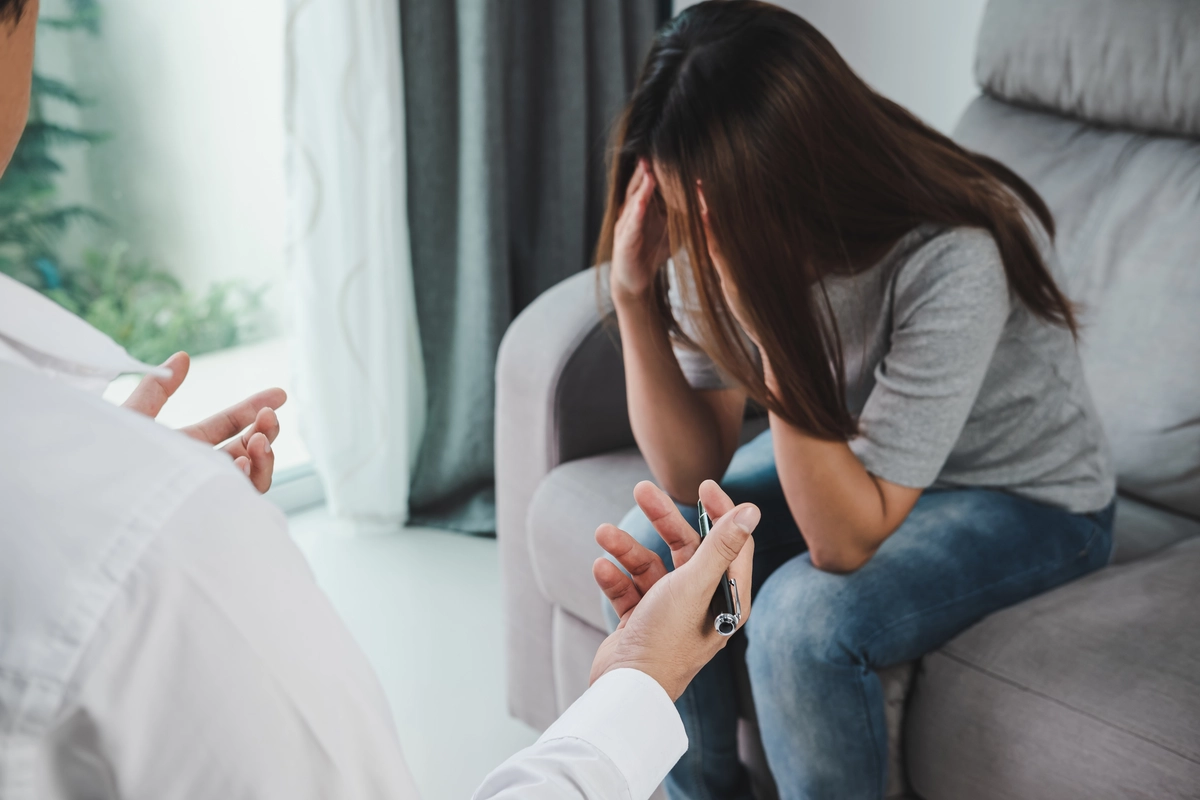








































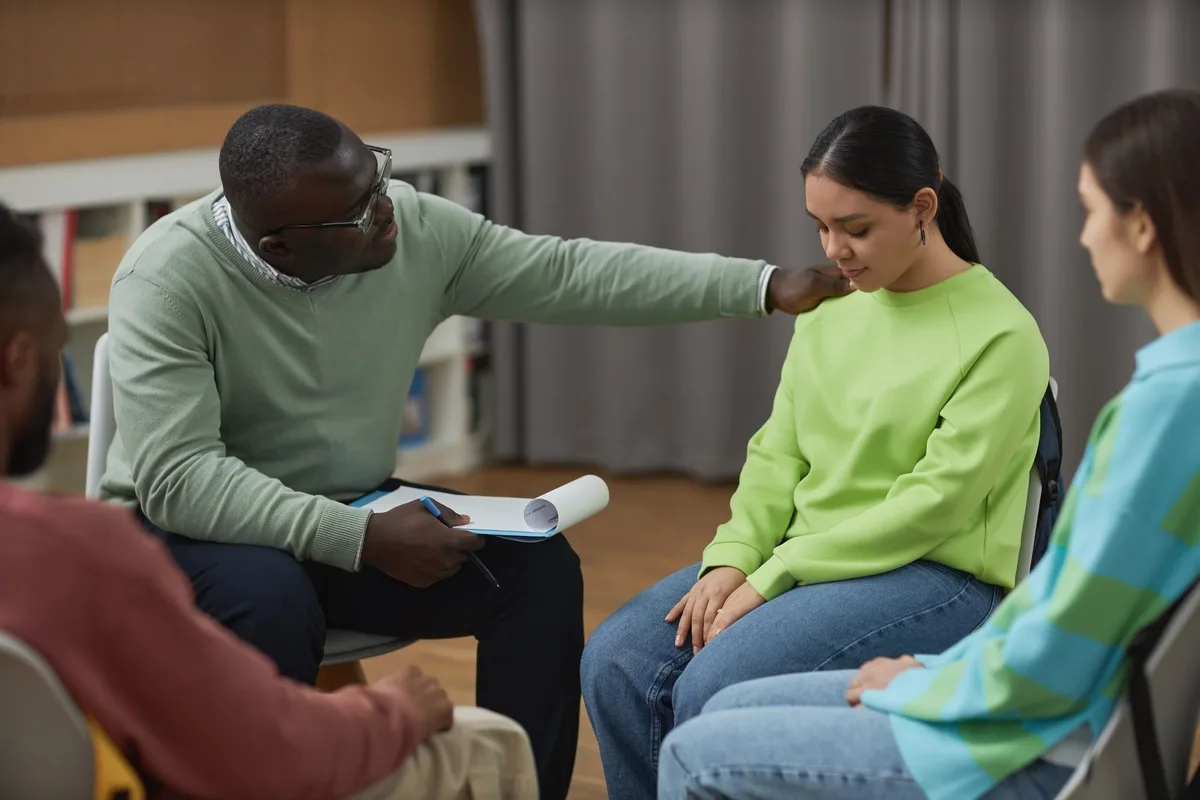

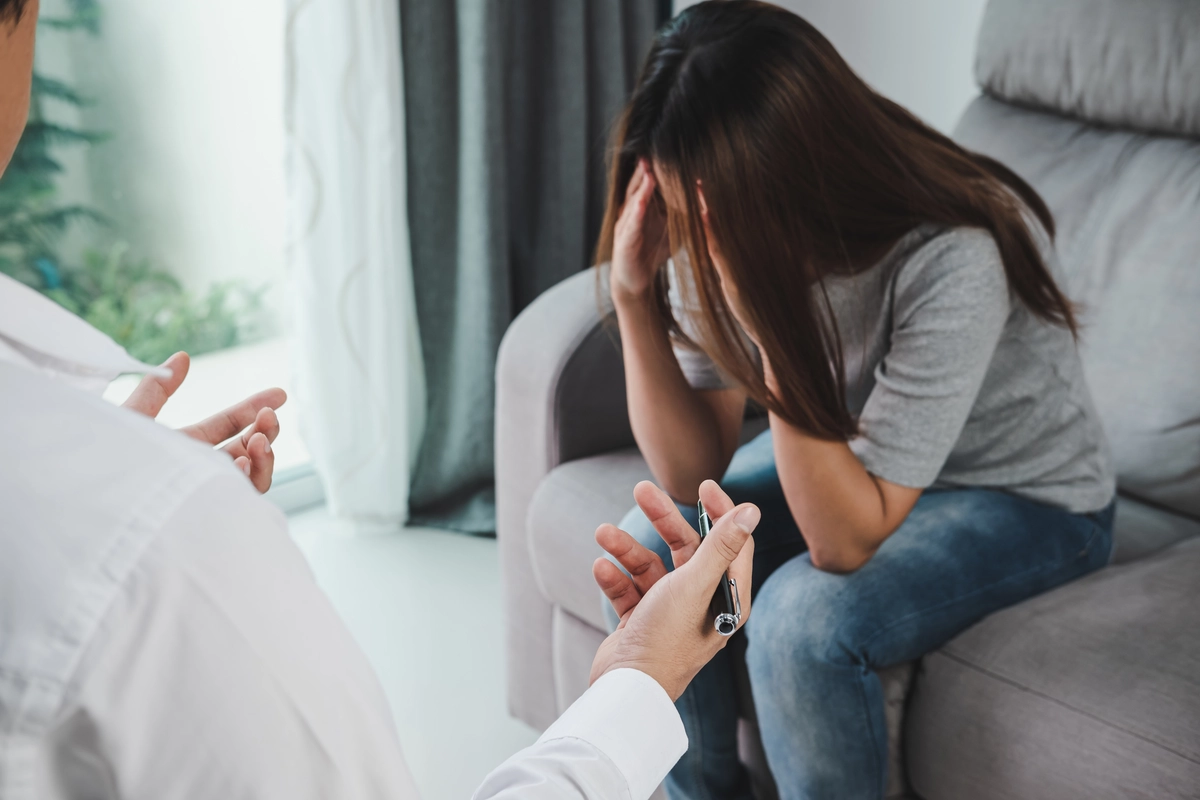









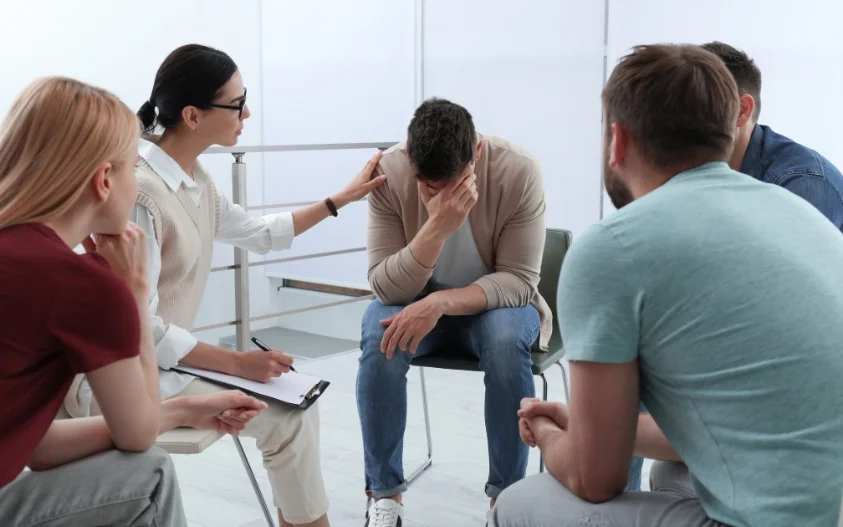
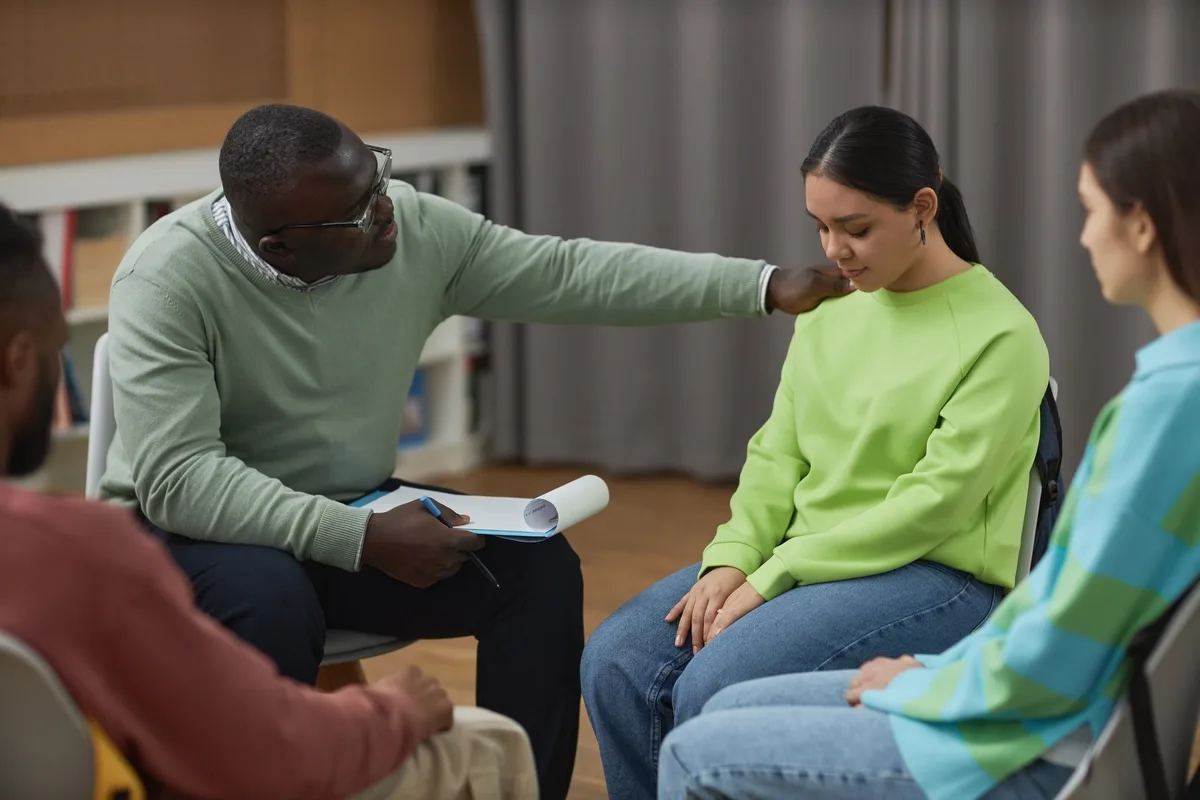


Safe Harbor Recovery Center
Safe Harbor Recovery Center is a private rehab located in Sequim, Washington. Safe Harbor Recovery C...

True Star Behavioral Health Services
True Star Behavioral Health Services is a public rehab located in Port Angeles, Washington. True Sta...

Klallam Counseling Services
Klallam Counseling Services is a public rehab located in Port Angeles, Washington. Klallam Counselin...

Cedar Grove Counseling
Cedar Grove Counseling is a private counseling clinic located in Port Angeles, WA. Cedar Grove Couns...

Trillium Treatment Center
Trillium Treatment Center is a private rehab located in Port Angeles, Washington. Trillium Treatment...

West End Outreach Services – Community Mental Health Agency
West End Outreach Services – Community Mental Health Agency is a public rehab located in Forks, Wash...

Peninsula Behavioral Health – Front Street Clinic
Peninsula Behavioral Health – Front Street Clinic is a private rehab located in Port Angeles, Washin...



















